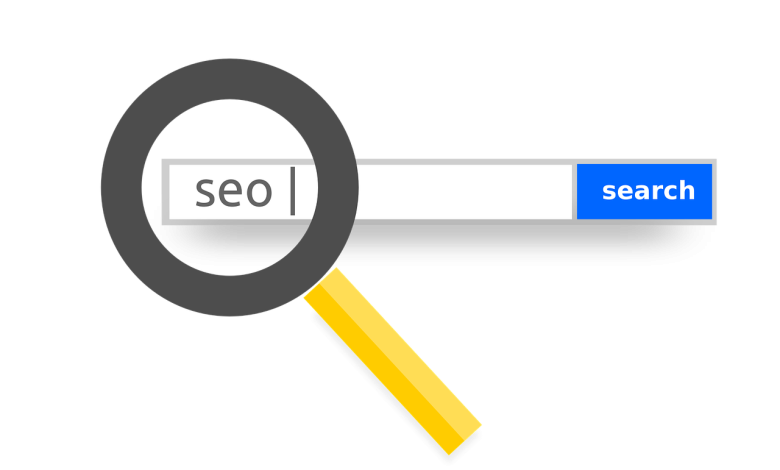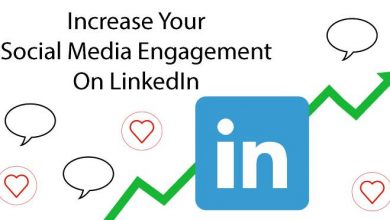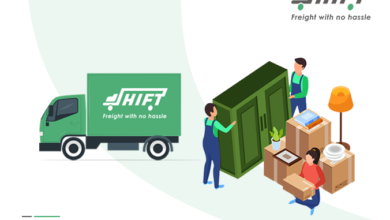On page SEO techniques to boost website ranking

On page SEO is the process that deals with the optimisation of web pages to increase a websites visibility in search engine results. This involves various techniques such as keyword research, link building, writing for target keywords and more.
On page SEO is a broad topic and there are different aspects to it. We will be focusing on the most important ones in this article.
But before getting into On-page SEO, let us get into basics.
What is SEO?
SEO stands for search engine optimisation. It refers to the process of improving the visibility of a website or web page in search engines. The purpose of SEO is to increase traffic to your website by getting it ranked higher in the search results pages (SERPs) when users search for relevant keywords.
SEO is also known as “organic” or “natural” search engine optimisation, as opposed to “paid” or “sponsored” rankings that appear to the right of the organic results.
Why use SEO?
SEO is one of the best ways to get more traffic to your website. With the right strategies in place, you can experience a dramatic increase in organic traffic and website visibility in search engines.
Using SEO as part of your marketing strategy will help you build trust with your customers and boost sales. “In fact, a recent study found that 74% of consumers always or usually trust organic search results over paid ads.”
Some of the benefits associated with having your website optimised for SEO are:
- You’ll Get More Traffic From Search Engines
- More Traffic = More Leads and Sales
- You’ll Attract Visitors Who Are Interested In Your Products or Services
- You’ll Be Found By New Customers Who Are Looking For Your Business Online
On-page SEO Checklist
It’s important to note that there are many different factors that go into how Google ranks your website, but there are some on-page SEO techniques that will help you get started.
The following are some of the most basic on-page SEO techniques you can use to improve website ranking:
-
Keyword Research
Before starting work on any keyword research campaign, you need to make sure that you have done a thorough research on the keywords that you want to target. This will help you in selecting the right keywords for your website. You should also consider choosing those keywords that have low competition but high traffic potential so that they can be used as anchor text for the links pointing towards your site.
-
Optimise Page Titles
A title tag is the most important component of any page. It’s the snippet that appears in search results and helps people decide whether to click on your link or not. In order for this snippet to be displayed, you need to use some keywords that are relevant to your content. The best practice is to include those keywords in H1 tags, so that they can be understood by Google’s algorithms.
-
Write Meta Description Tags
Meta description tags are another important part of SEO optimisation. These short descriptions of your content appear under the title tags, helping users understand what you are trying to say in a few sentences. As such, it’s important to optimise them with relevant keywords as well in order to improve click-through rate and CTR (click-through rate). ok
-
Content Optimisation
The May 2022 core update focuses on improving Google’s ability to understand intent. If users are looking for information about a certain subject, they should be able to get that information without having to type out long queries or use specific keywords.
Content optimisation is the process of improving or optimising the content of your website in order to improve its search engine rankings (SEO). It is one of the most important elements of SEO, as a site with good content will always have a better ranking than one that doesn’t.
The first step in content optimisation is to ensure your website has unique, relevant, high quality content that meets the needs of your target audience. This can be difficult if you don’t know what they want to read or how they want it written. However, when done correctly, this will help increase your rankings and provide users with a great experience on your website.
What is internal linking?
Internal linking refers to links that point from one page of your website to another page on the same site. It’s important because it helps search engines crawl through your site more easily and understand its structure better. As well, it improves user experience by helping visitors find what they’re looking for more quickly and easily.
The best way to link between two pages on the same site is by using anchor text; text that appears within a hyperlink and describes what users will find when they click on it.
-
Technical optimisation
Technical optimisation makes your website easier to crawl and index by search engines like Google and Bing.
The main goal of technical optimisation is to help search engines find and understand your content. The more they can do that, the better they can rank your site in their search results.
Some of the main things you can do to improve your on-page SEO are:
- Make sure you have a robot.txt file that tells search engines not to crawl any pages on your site that aren’t meant for visitors (such as admin panels or login pages).
- Setup a sitemap file so that Google knows about all of your site’s pages and can crawl them more effectively.
- Use schema tags on important pages so that Google understands what each page is about, which helps with ranking too.
- Use hreflang tags if necessary so that people from different countries can get localised versions of your content rather than being redirected back to the home page when they try to visit it from another country (which would be annoying).
-
Mobile optimisation
Mobile optimisation for on-page SEO refers to the way a website is coded. A mobile optimised website can be identified by its layout, design and content. It should be designed to make it easy for users to find what they are looking for without having to scroll down the page or zoom in and out repeatedly.
Mobile optimisation for on-page SEO is important because it helps improve your rankings in Google’s search results. This is because Google prefers sites that are easy to navigate and use.
-
Website loading speed
Google has made it clear that they want to give priority to websites with a fast load time over websites with slower load times. In fact, Google has officially announced that they’ll be using page speed as one of the ranking factors in their algorithm. This means that in order for you to rank at the top of Google search results, you need to make sure that your website loads quickly.
An average person expects a website to load within 2 seconds, while Google recommends making sure your site loads within 1 second. If it takes longer than this, visitors will get frustrated and leave before they even get anything from your site.
Why should you hire professionals to ensure optimal on-page SEO optimisation?
On-page SEO optimisation is the process of improving your website’s content and structure in order to boost your ranking in search engines. This is done by following a set of rules and guidelines that are laid out by Google.
The reason why you need to hire professionals to ensure optimal on-page SEO optimisation is because they have the skills and experience needed to help you reach your goals.
If you want to attract more visitors, increase sales and improve your brand image, then it’s important that you improve your website’s content.
For more details, contact a local SEO agency in Melbourne that has the relevant experience and expertise.





